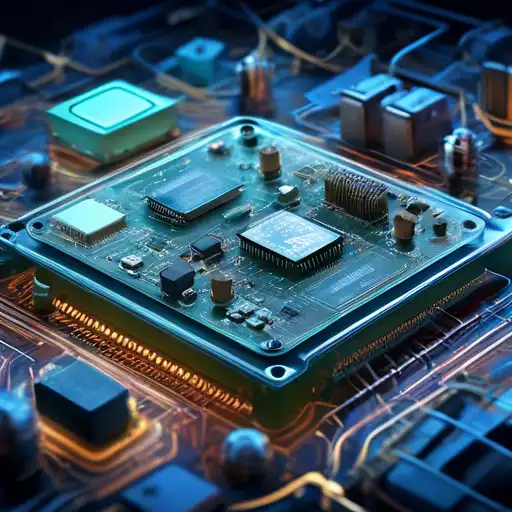The Hidden Power of Embedded Systems in Modern Smart Devices
Embedded systems are the cornerstone of today's smart devices, acting as the brains behind their operations. These specialized computing systems are designed to perform dedicated functions within larger mechanical or electrical systems. From smartphones to smart refrigerators, embedded systems make our devices smarter, more efficient, and more connected than ever before.
What Are Embedded Systems?
An embedded system is a combination of computer hardware and software, either fixed in capability or programmable, that is specifically designed for a particular function. Unlike general-purpose computers, which are designed to handle a wide range of computing tasks, embedded systems are optimized for their specific tasks, leading to increased efficiency and performance.
The Role of Embedded Systems in Smart Devices
Smart devices rely on embedded systems to process data, connect to other devices, and perform their intended functions seamlessly. For example, in a smart thermostat, the embedded system processes temperature data, learns user preferences, and adjusts the home's heating or cooling system accordingly. This level of automation and intelligence is made possible by the sophisticated software running on these embedded systems.
Key Components of Embedded Systems
- Microcontrollers or Microprocessors: The heart of the embedded system, responsible for executing the software instructions.
- Memory: Stores the software and data needed for the system's operation.
- Input/Output Interfaces: Allow the system to interact with the external world, such as sensors and actuators.
- Software: The specialized programs that dictate the system's functionality and behavior.
Benefits of Embedded Systems in Smart Devices
Embedded systems offer numerous advantages in smart devices, including:
- Efficiency: Optimized for specific tasks, leading to lower power consumption and faster performance.
- Reliability: Designed to operate continuously without failure, ensuring the device's reliability.
- Connectivity: Enable devices to connect to the internet and other devices, facilitating the Internet of Things (IoT).
- Scalability: Can be scaled up or down depending on the device's requirements, making them versatile for various applications.
Future of Embedded Systems
The future of embedded systems is bright, with advancements in technology paving the way for more sophisticated and capable systems. As the demand for smart devices continues to grow, embedded systems will play an even more critical role in enabling new functionalities and improving user experiences. Innovations in artificial intelligence and machine learning are expected to further enhance the capabilities of embedded systems, making our devices even smarter.
In conclusion, embedded systems are the unsung heroes behind the smart devices that have become integral to our daily lives. Their ability to perform dedicated tasks efficiently and reliably makes them indispensable in the modern world. As technology continues to evolve, the potential of embedded systems is limitless, promising a future where our devices are more connected, intelligent, and responsive than ever before.
